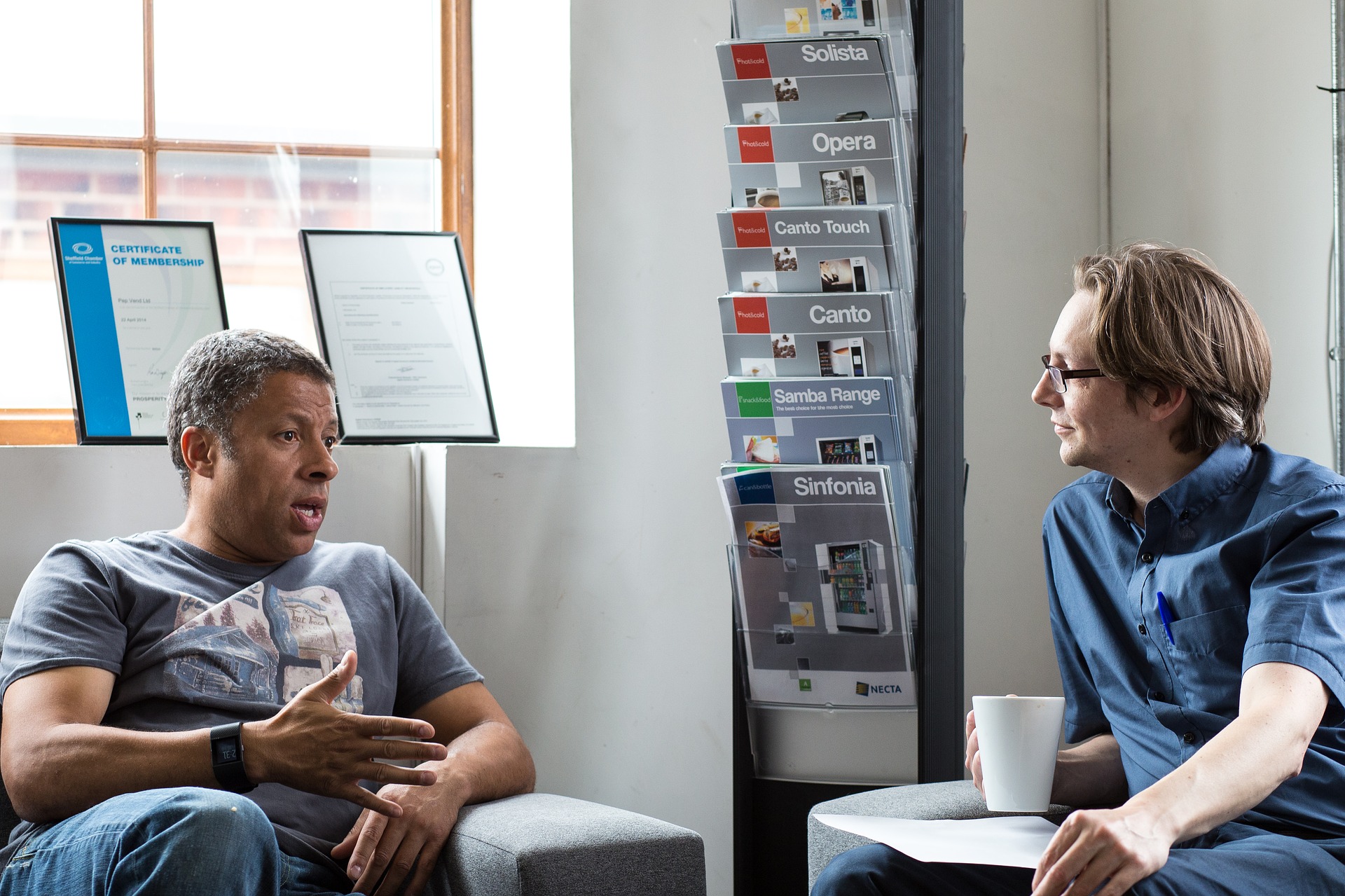-
Why are attitudes so hard to change?
Attitude change has been the subject of decades of research, yet examples of dramatic alterations in attitude outside of the lab remain few and far between.
-
Biased About Biases: The Origins and Growth of Human Conflict

People are increasingly capable of pursuing their disagreements with calm, rational discussion, civil debate, understanding, and efforts to reach acceptable compromises.
-
Social connection, rejection, and pain

Ever felt pain in your body when you see that someone else has been injured? That’s because we are wired to be deeply socially connected. Our brains may be so much larger than other species because that allows us to connect in complex ways with the large social groups in which we live. This is the…
-
Woody Allen’s Latest Film Explores the Intersection of Mental Illness and Social Status

Woody Allen’s Blue Jasmine is a wrenching and thought-provoking film that finds the legendary auteur taking on very atypical material.
-
How do childhood experiences affect how we interpret facial expressions?

Guest Author: Valentina Park Much of our daily, personal interactions are based on how we interpret the facial expressions of people we meet. On a basic level, when a person smiles we know we made them happy and when they look angry we may have offended them. This type of facial discrimination has become so…
-
Psychology Classics: Guns and Dolls –– The Bobo Studies
This post is part of our ongoing series exploring classic experiments and theories in the history of psychological research.
-
Graduate Program Interviews: Social Psychology

This post is part of an ongoing series about applicant interview weekends in Psychology departments. Check back for posts about interviews in other areas of Psychology, and visit our Careers in Psychology section. This post was written by social psychology graduate students who recently (and successfully) went through the process of applying, interviewing for, and selecting…
-
New paper by UCLA alums highlights emerging trend in cognitive neuroscience

Psychologists aim to better understand the link between internal and external states, that is, between cognitions and behaviors. Behaviors are often clear enough to measure, but accurately capturing the essence of a cognition can be a much fuzzier task. For instance, suppose you were interested in the relationship between how much someone enjoys rewards (reward…
-
Psychology Classics: Claude Steele’s Stereotype Threat Paradigm

In the late 1980s, a university committee at the University of Michigan called for psychology professor Dr. Claude Steele to tackle the problem of academic achievement among minority students at the university. His subsequent research resulted in the discovery and identification of one of the most far-reaching and influential phenomena in social psychology
-
Social Learning: What do children learn from screens?
Beginning early in development, children learn from watching others and through social interaction. Do children learn about the social world when they watch screens, and can that compare with real life? Social interaction is an important pathway towards learning social cognition throughout the lifespan, but may be particularly critical in the first few years of…